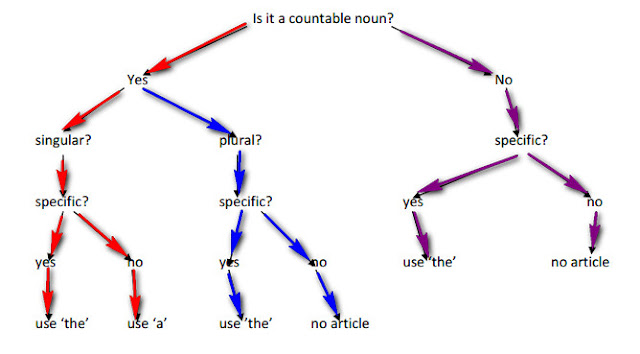The Present Perfect Continuous(Progressive)
The present Perfect Continuous
Use:
1-Actions that started in the past and continue to the present:
For longer actions that started in the past and continue to the present:
Ex: Mark has been working in Canada for Five years.
2-Actions that have recently stopped :
For longer actions that have recently finished, but have a result in the present:
Ex: Today I have been walking around the garden area of the city, and I’m both exhausted and exhilarated by the experience.
3-Temporaire actions and situations :
 For actions that happened repeatedly in the past and till happen in the present: EX: I have been coming to the UK for nearly 20 years.
For actions that happened repeatedly in the past and till happen in the present: EX: I have been coming to the UK for nearly 20 years.Tips:
We often use these words with the present perfect continuous: for, since, just, yet, already, still, ever, never, recently, lately, how long, all day…
For and Since
Since and for are very common time expressions used with the Present Perfect Continuous.
We use for with a period of time, for example:
EX: I have been living here for 5 years.
When talking about a starting point, we use since, for example:
Ex: I have been living here since 1990.
Form:
Subject
|
Positive sentences
|
Negative sentences
|
Questions
|
I/you/we/they
|
I have been sleeping.
|
I have not been sleeping.
|
Have I been sleeping ?
|
He/She/it
|
She has been sleeping.
|
She has not been sleeping.
|
Has she been sleeping?
|
Exceptions in spelling:
|
Check your understanding:

